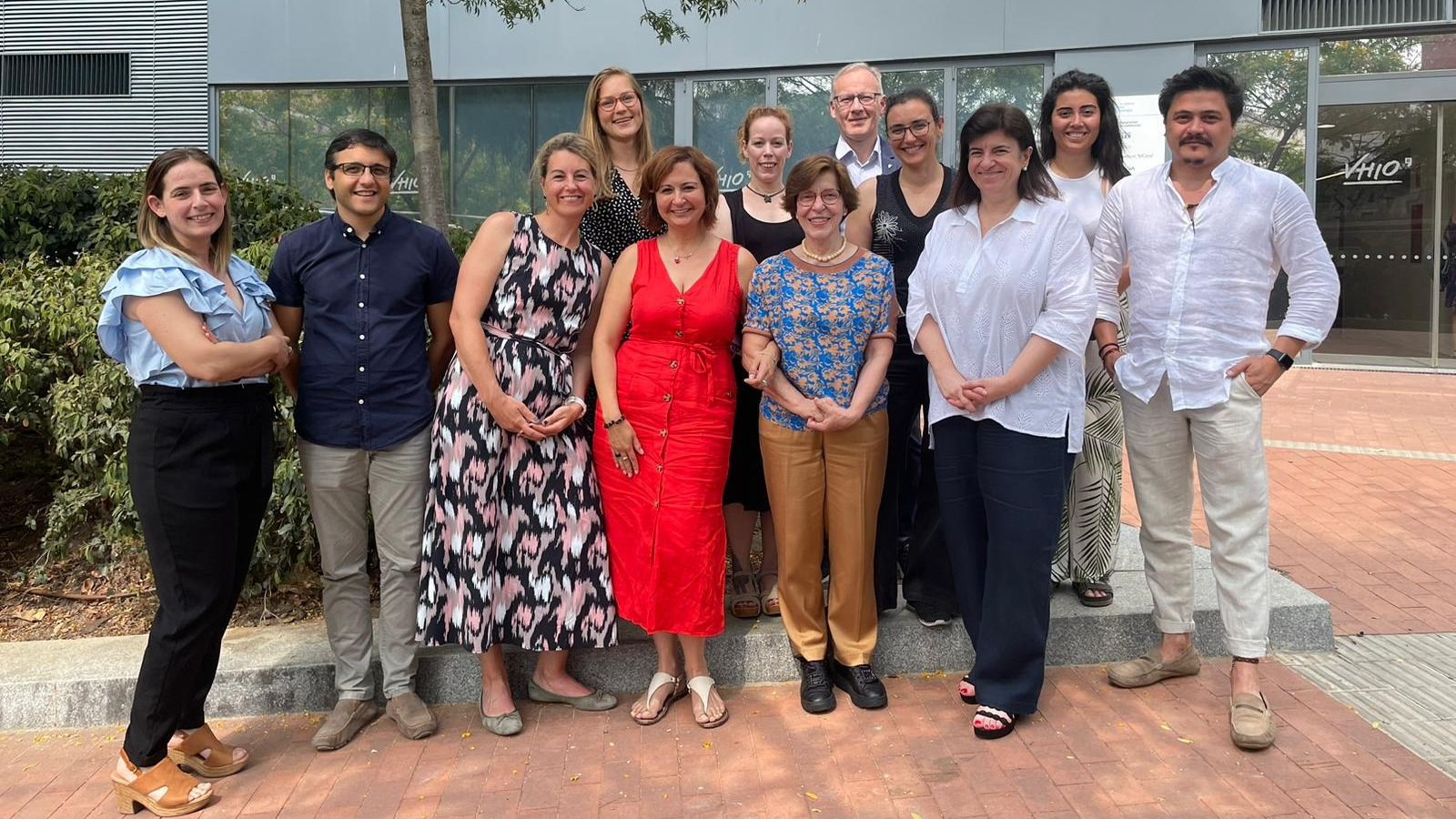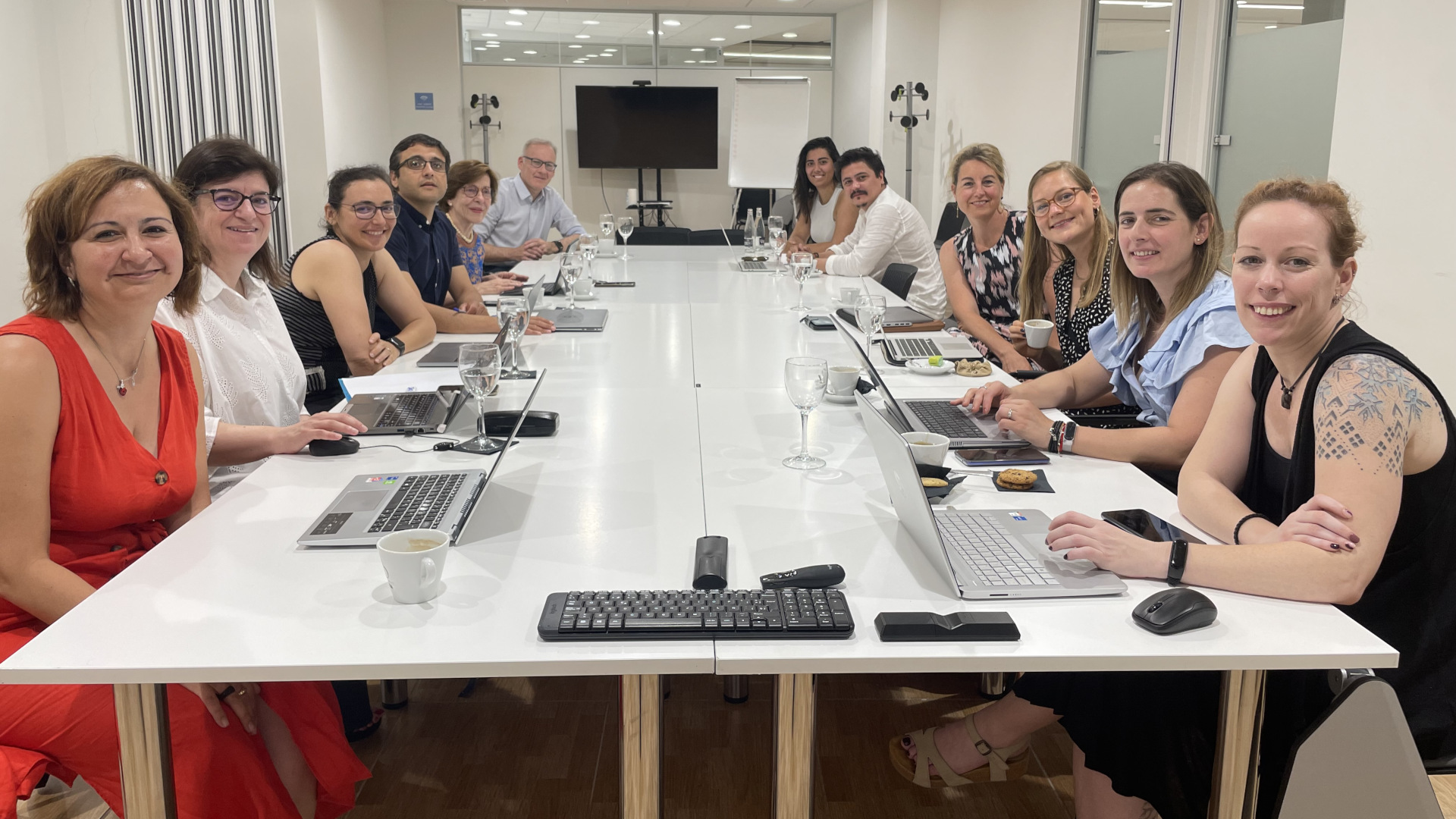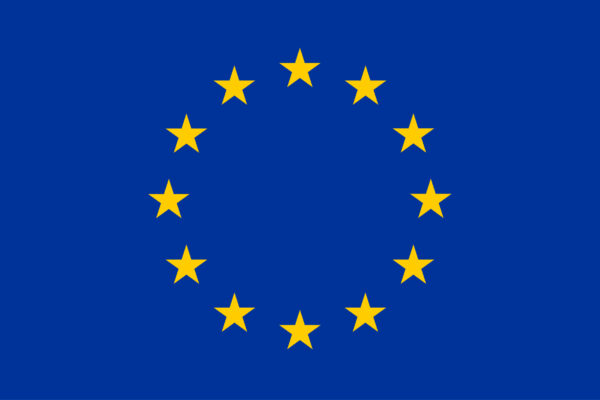- INCLIVA coordinated this project, which allowed expanding knowledge about this type of tumor and creating a multidisciplinary network between Latin American and European countries
- Gastric cancer affects one million people worldwide, it is the third leading cause of cancer death in both sexes, and it is increasingly common in young people

The researchers of the international project LEGACy, focused on the management of gastric cancer, held their closure General Assembly today, where they made a very positive assessment of the project achievements in the almost four and a half years since it was launched, on 1 January 2019.
LEGACy is a multicenter project, coordinated by the INCLIVA Biomedical Research Institute, which is part of the Clinical Hospital of Valencia, and led by Dr. Andrés Cervantes, scientific director of INCLIVA. Dr. Cervantes leads the Research Group in colorectal cancer and new therapeutic developments in solid tumors, where Dr. Tania Fleitas, focused on gastric tumors, performed the role of scientific coordinator.
The project, which received funding of nearly 3.6 million euros from the EU, involved a total of eleven research institutes and universities from the European Union (EU) and the Community of Latin American and Caribbean States (CELAC) from nine countries: Spain, Portugal, Germany, Belgium, the Netherlands, Argentina, Chile, Mexico, and Paraguay.
In addition to INCLIVA, the following organizations participated: Anaxomics Biotech, S.L. (ANAX) and the Vall d’Hebron Institute of Oncology (VHIO) -where the closure meeting was held-, both from Barcelona; the National Institute of Cancerology (INCAN) from Mexico; the Pontifical Catholic University (PUC) from Chile; the University of Leipzig (ULEI) from Germany; the European Cancer Patient Coalition (ECPC) from Belgium; the Institute of Pathology and Molecular Immunology of the University of Porto-Institute of Research and Innovation in Health (IPATIMUP-i3S) from Portugal; Gen Pat (GENPAT) from Paraguay; the Alexander Fleming Institute (IAF) from Argentina; and Stichting VUMC (VUMC) from the Netherlands.

The main project objectives were to improve the approach to gastric cancer through personalized medicine, i.e., selecting the most effective treatment for each patient, and to identify and educate individuals at higher risk of developing this disease to facilitate early detection. Additionally, among the secondary objectives, the project aimed to analyze regional variations among the populations of the participating EU and CELAC countries and search for common and effective strategies to improve the prognosis of gastric cancer.
Dr. Fleitas expressed her satisfaction once the project was completed, as “all the planned objectives related to understanding gastric cancer, raising awareness among the general population about risk factors, and stratifying patients to offer personalized treatment have been achieved”.
“The LEGACy project has allowed the creation of a multidisciplinary network between Latin American and European countries which expanded knowledge about the epidemiological and biological characteristics of the tumor in these populations, as well as moving a step forward in prevention improvement,” she added.
The LEGACy consortium members employed personalized medicine in three levels of prevention through integrative omics epidemiology, a new method of analysis that combines various scientific disciplines to obtain a more comprehensive understanding of gastric cancer and its impact on the health of the studied populations.
At the first level, the general population was awared of the risk factors for this cancer through educational materials. At the second level, efforts focused to improve diagnostic times through training on the signs and symptoms of gastric cancer. And at the third level, progress was made in the stratification of patients to administer targeted and therefore more effective treatments, thanks to a diagnostic algorithm developed within the project and applicable to European and Latin American populations.
About gastric cancer
Gastric cancer is the fifth most common type of cancer and the third leading cause of cancer death worldwide in both sexes. It affects nearly one million people, and to date, no strategy has improved the prognosis of the disease. It causes 783,000 deaths annually, and the survival rate for patients in an advanced stage is only about 12 months.
Gastric cancer is increasingly common in younger people. One of the main causes of this disease is Helicobacter pylori, a bacterium transmitted through contaminated food or water that settles in the stomach, causing inflammation and ulcers. There are also other risk factors, such as a diet high in salty, smoked, or processed foods.
Although the usual treatment is multimodal and includes surgery, chemotherapy, and radiotherapy to improve local-regional control and achieve a reduction in tumor spread, advances are still limited, and more actions are needed in primary and secondary prevention.
Treatment is more successful when cancer is limited to the stomach and has not spread to other parts of the body. Some countries, like Japan, have managed to reduce mortality through screening tests to diagnose the disease in its early stages, but many countries do not widely conduct them.
 LEGACy has received funding from the European Union’s Horizon 2020 research and innovation programme under the grant agreement No 825832.
LEGACy has received funding from the European Union’s Horizon 2020 research and innovation programme under the grant agreement No 825832.